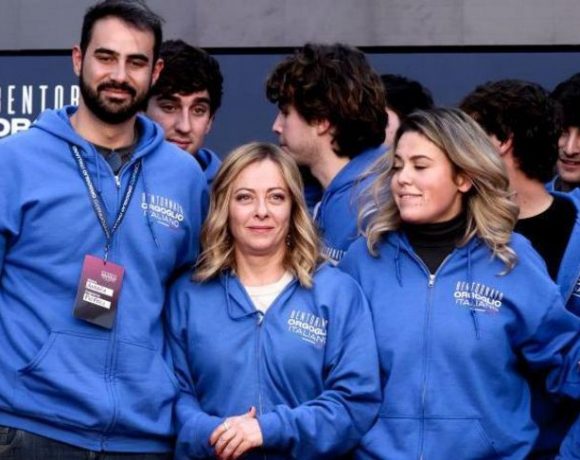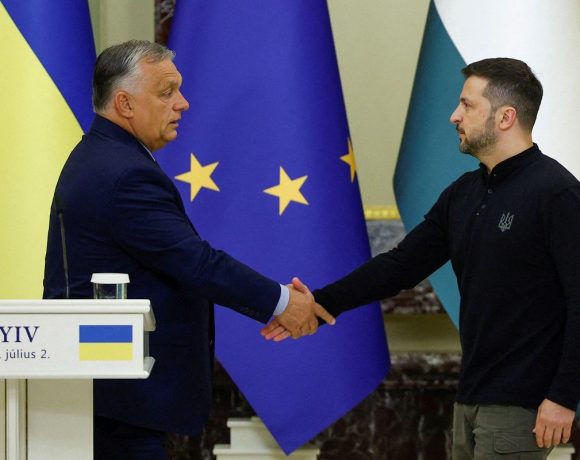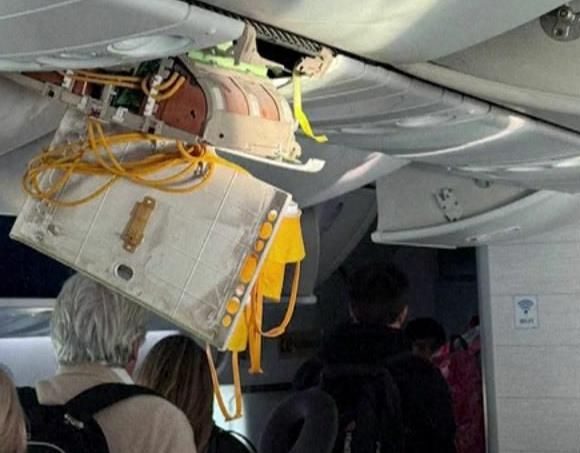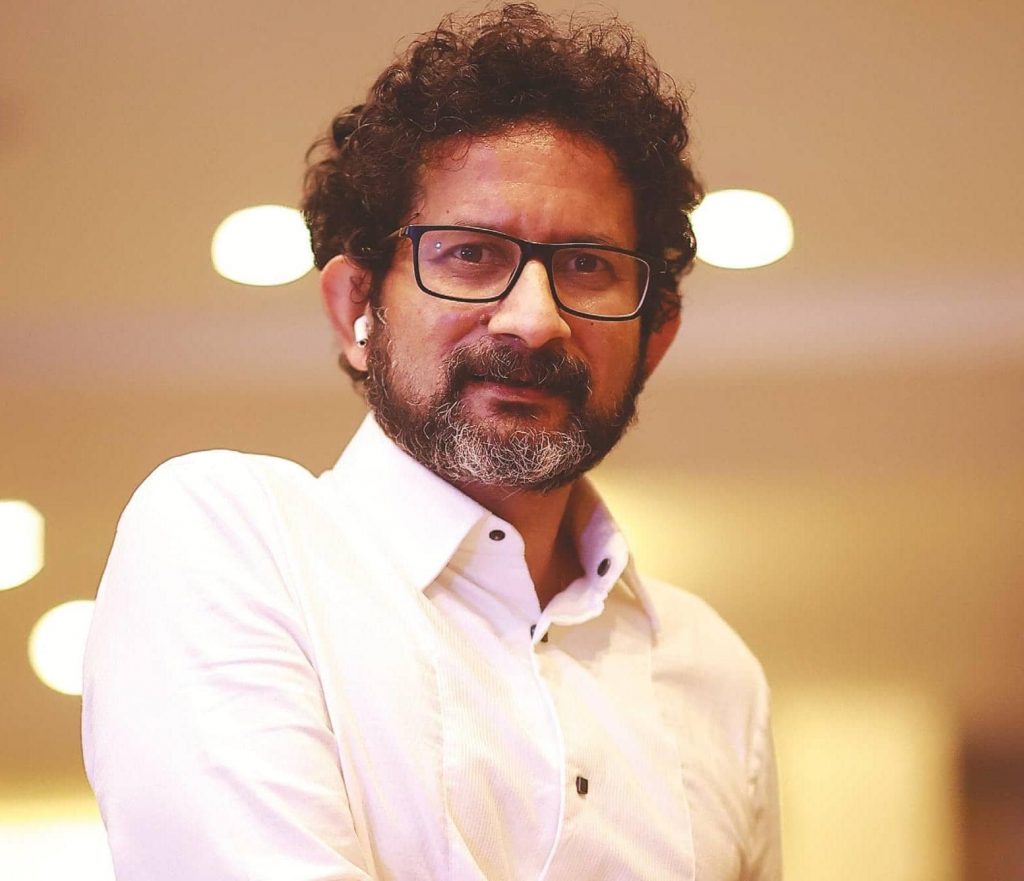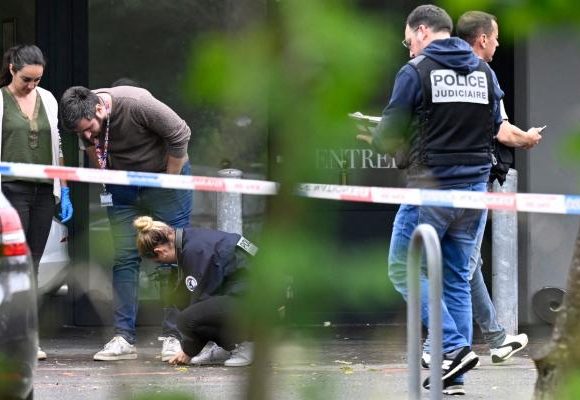
Tim Gilchrist, a 56-year-old former company director from Mavis Bank, Newrath, County Waterford, has been sentenced to 11 years in prison for flying €8.4m (£7.1m) worth of cocaine from France into the Republic of Ireland. On 4 August 2022, Gilchrist was arrested with 120kg of cocaine in his car after landing a Cessna light aircraft at Abbeyshrule Aerodrome in County Longford.
Gilchrist, a father of one, claimed that he used the aircraft for “leisure flying” and had smuggled the drugs under duress after two men threatened to harm his daughter. He alleged that a month before the incident, two men came to his house, threatened him, and demanded that he smuggle the drugs. Gilchrist said that when he told them he was going to inform the police, they warned him he “would have another problem” and threatened his daughter. Under these threats, he claimed he felt he had no choice but to comply, buying a mobile phone and flying to France.
Irish broadcaster RTÉ reported that the court heard there were no customs officers at either the Dieppe aerodrome in France or at Abbeyshrule in Longford. Defence counsel Michael O’Higgins argued that it was “a complete open corridor” for smuggling, which Judge Keenan Johnson described as “extraordinary.” Judge Johnson called for significant security upgrades, including 24-hour checks, stating that the country was “unacceptably exposed” to the importation of large quantities of drugs.
The court was told that Gilchrist flew to France on 3 August 2022, returning to Longford the following day at 17:25 local time with the cocaine. He drove off with the drugs in an Alfa Romeo but was stopped by Garda (Irish police) officers at Lough Owel near Mullingar, following surveillance. The officers searched the car and found 120kg of cocaine separated into five black holdalls and a suitcase.
Det Sgt Ciaran Cummins testified that when interviewed, Gilchrist claimed he had been coerced by threats to his daughter. However, the gardaí checked out his story, which did not stand up. The court also heard that Gilchrist had two mobile phones, one of which he had bought two months before the arrest and used solely for the smuggling operation. He sent and received messages from contacts, including a man named Sam, who warned him: “A lot of guys around, be careful.”
Mr Justice Johnson concluded that Gilchrist was willingly involved in drug trafficking for financial gain and the court was obliged to impose a significant sentence. He noted that Gilchrist offered limited assistance to the investigation after being caught red-handed. Although Gilchrist did not provide material assistance regarding the “masterminds” behind the importation, Mr Justice Johnson said his “omerta” was not surprising. The judge also dismissed the duress claim, adding that it was clear Gilchrist was aware of what he was doing.
Gilchrist was sentenced to 11 and a half years in prison, with the final six months suspended to allow for rehabilitation and reintegration into society.
Picture Courtesy: Google/images are subject to copyright

